The Food and Drug Administration has granted an emergency use authorization for Eli Lilly’s Covid-19 monoclonal antibody treatment, called bamlanivimab.
The FDA action specifies that the therapy is meant for adults and children over age 12 with mild to moderate illness but who have high risks of getting much worse and needing hospitalization. That includes people with underlying health conditions, such as diabetes, sickle cell disease, chronic kidney disease or obesity, or anyone over age 65.
Full coverage of the coronavirus outbreak
The move vastly expands doctors’ ability to use Eli Lilly’s monoclonal antibody treatment. Previously, physicians were limited to trying the drug in clinical trials.
Eli Lilly applied for emergency use authorization in early October after the company said research suggested that the therapy could help keep Covid-19 patients from progressing to where they would need to be hospitalized.
Download the NBC News app for full coverage of the coronavirus outbreak
The action “provides health care professionals on the frontline of this pandemic with another potential tool in treating Covid-19 patients,” Dr. Patrizia Cavazzoni, acting director of the FDA’s Center for Drug Evaluation and Research, said in a statement.
Bamlanivimab is similar to one of the treatments President Donald Trump received when he was hospitalized with Covid-19. However, the FDA has stipulated that this emergency use authorization does not apply to patients who are in the hospital or who need help breathing. Regulators said such patients may, indeed, do worse if they are hospitalized in need of high-flow oxygen or mechanical ventilation.
Monoclonal antibodies are made in a lab to mimic the body’s natural antibodies. The antibodies act by recognizing specific pathogens — in this case, SARS-CoV-2, the virus that causes Covid-19 — and harnessing the immune system to fight them off.
The FDA said the decision was based on interim analysis from a phase 2 clinical trial in 465 adults with mild to moderate Covid-19 symptoms. The research suggested that the drug was no better than a placebo in helping patients clear the virus from their bodies; however, it did reduce the likelihood that patients would later need to be hospitalized.
Bamlanivimab is given through an IV in a single dose. In safety studies of about 800 people, the drug led to a severe allergic reaction in one person who needed an emergency medication called epinephrine to stop the reaction.
The FDA said other possible side effects of bamlanivimab include nausea, diarrhea, dizziness, headache, itching and vomiting.
Eli Lilly has already begun manufacturing the drug, and it said it could have as many as 1 million doses available by the end of the year.
Follow NBC HEALTH on Twitter & Facebook.

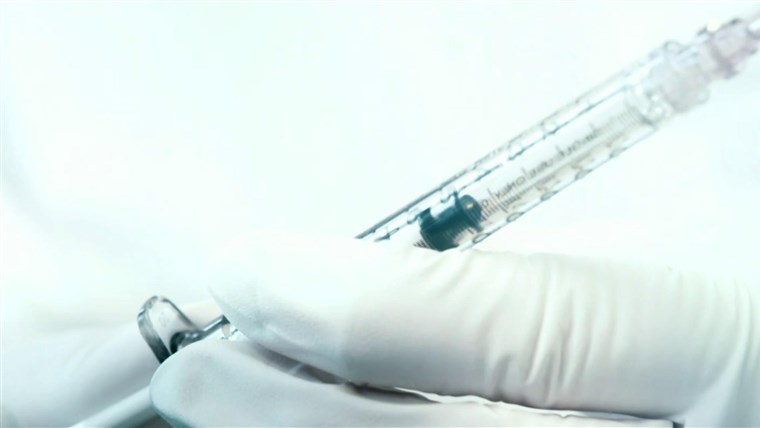



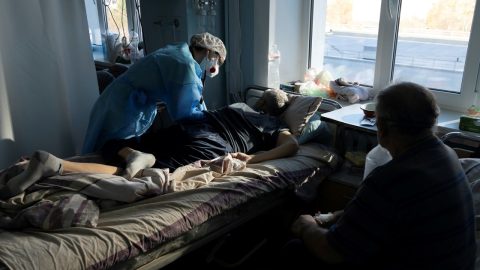
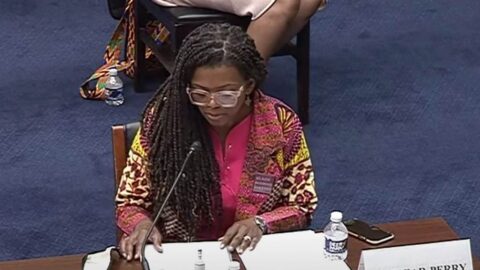
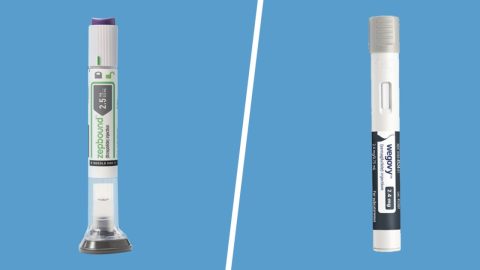

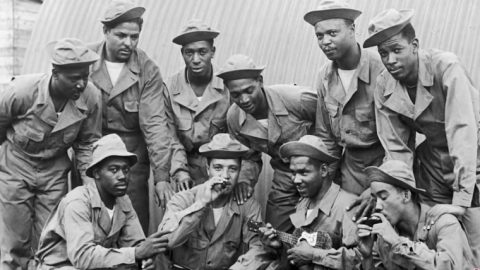
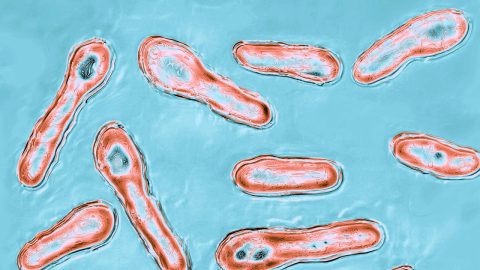
Recent Comments